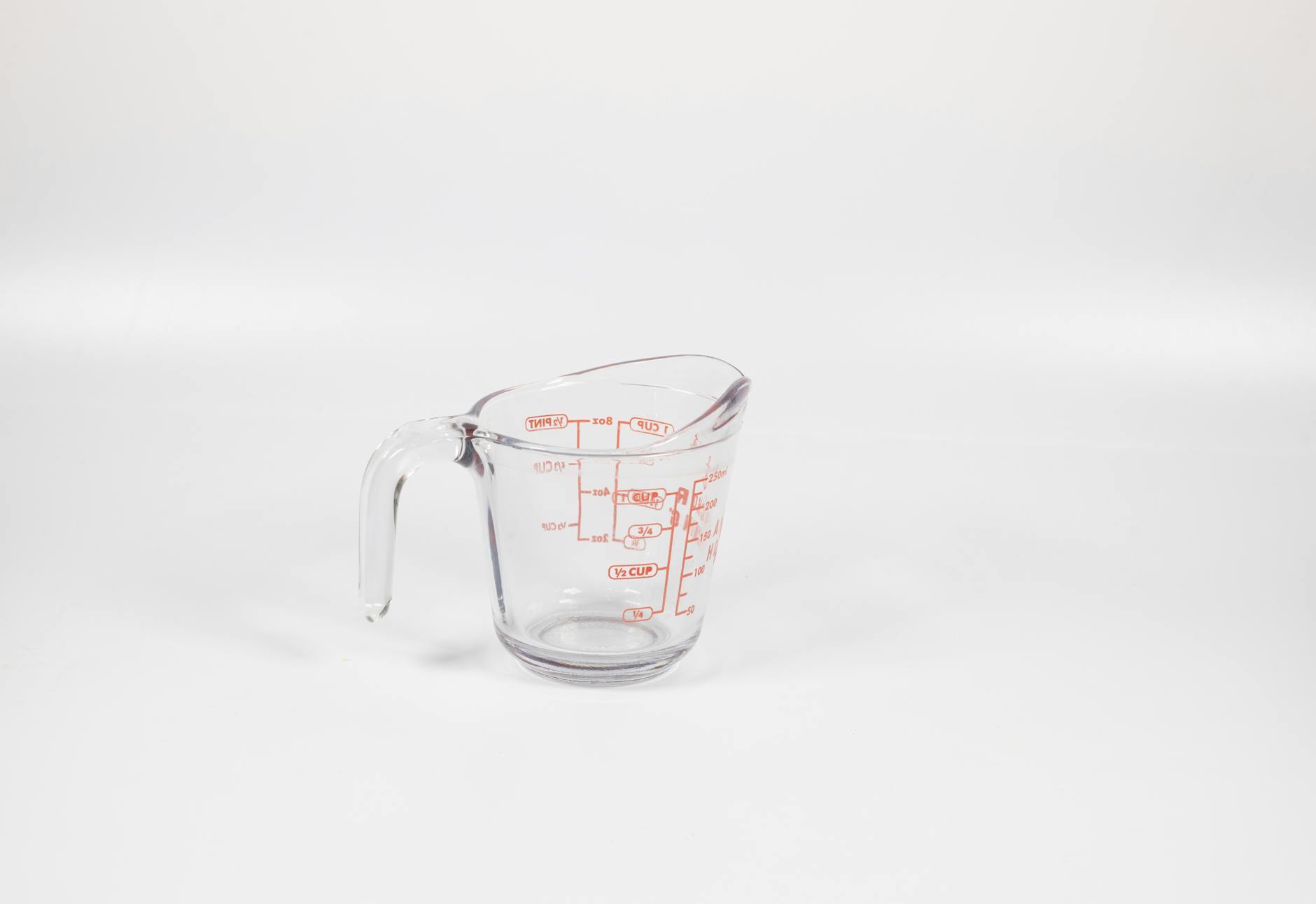Discover the surprising factors that affect your alcohol tolerance and learn how to gauge your limits to stay safe.
Table of Contents
Alcohol consumption is a common social activity that many individuals partake in, whether it’s enjoying a beer with friends or sipping on a glass of wine at dinner. One of the age-old questions that often comes up is, “How many beers does it take to get drunk?” This question delves into the complex world of alcohol metabolism, individual tolerance levels, and various factors that can influence intoxication. In this blog post, we will explore the science behind alcohol consumption and help you better understand your own unique tolerance level for alcohol.
Understanding Alcohol Metabolism
When you consume alcohol, your body goes through a process of breaking it down and metabolizing it. Alcohol is primarily metabolized by enzymes in the liver, specifically alcohol dehydrogenase and aldehyde dehydrogenase. These enzymes work to break down the alcohol into acetaldehyde and then into acetic acid, which is eventually eliminated from the body.
Factors such as weight, gender, and genetics can play a significant role in how quickly alcohol is metabolized in the body. Generally, individuals with a higher body weight tend to metabolize alcohol more efficiently than those with a lower body weight. Additionally, men typically have a higher concentration of alcohol dehydrogenase enzymes than women, which can impact how quickly they process alcohol. Genetics also play a role in alcohol metabolism, as some individuals may have genetic variations that affect how they metabolize alcohol.
Individual Tolerance Levels
One of the key factors that influence how many beers it takes to get drunk is an individual’s tolerance level for alcohol. Tolerance refers to how accustomed your body has become to the effects of alcohol over time. Regular alcohol consumption can lead to an increase in tolerance, meaning that you may need to consume more alcohol to feel the same effects as before.
It’s important to note that tolerance levels can vary widely among individuals. Some people may have a high tolerance for alcohol and require a larger amount to feel intoxicated, while others may have a low tolerance and feel the effects of alcohol more quickly. Factors such as age, liver health, and overall health can also impact an individual’s tolerance level for alcohol.
Factors Influencing Intoxication
There are various factors that can influence how drunk someone gets from drinking beer. One of the most significant factors is the rate at which alcohol is consumed. Drinking alcohol quickly can lead to a rapid increase in blood alcohol concentration, increasing the likelihood of feeling intoxicated. Pacing oneself while drinking and consuming alcohol in moderation can help reduce the risk of intoxication.
Other factors that can influence intoxication include the alcohol content of the beverages consumed, the presence of food in the stomach, and individual differences in alcohol metabolism. Drinking on an empty stomach can lead to faster absorption of alcohol into the bloodstream, potentially increasing the effects of intoxication. Additionally, certain medications and health conditions can interact with alcohol and impact how it is metabolized in the body.
It’s important to be aware of the potential risks of alcohol intoxication, such as impaired judgment, coordination, and memory. Drinking responsibly and knowing your limits can help you avoid these risks and stay safe while consuming alcohol. If you choose to drink alcohol, be sure to do so in moderation and always have a plan for getting home safely.
Conclusion
Understanding how many beers it takes to get drunk is not a simple calculation, as it depends on a variety of factors that are unique to each individual. By delving into the science behind alcohol metabolism, individual tolerance levels, and various factors influencing intoxication, you can gain a better understanding of your own relationship with alcohol and make informed choices about your consumption.
Remember to drink responsibly, know your limits, and prioritize your safety when consuming alcohol. If you have any concerns about your alcohol consumption or are struggling with alcohol use, don’t hesitate to seek help from a healthcare professional or support group. Here’s to enjoying a beer or two in a safe and mindful manner!
Frequently Asked Questions
How does weight affect alcohol tolerance?
Weight plays a role in alcohol tolerance as individuals with higher body weight often metabolize alcohol more efficiently than those with lower body weight. The more alcohol you consume, the longer it takes to feel its effects.
Can genetics influence alcohol tolerance?
Yes, genetics can impact alcohol tolerance. Some individuals may have genetic variations that affect how they metabolize alcohol, leading to differences in tolerance levels.
What factors can increase intoxication risk?
Factors such as drinking alcohol quickly, consuming beverages with higher alcohol content, having an empty stomach, and certain medications or health conditions can increase the risk of intoxication.
How can I drink responsibly?
To drink responsibly, pace yourself while consuming alcohol, know your limits, always have a plan for getting home safely, and prioritize your safety by avoiding excessive alcohol consumption.


Leave a Reply